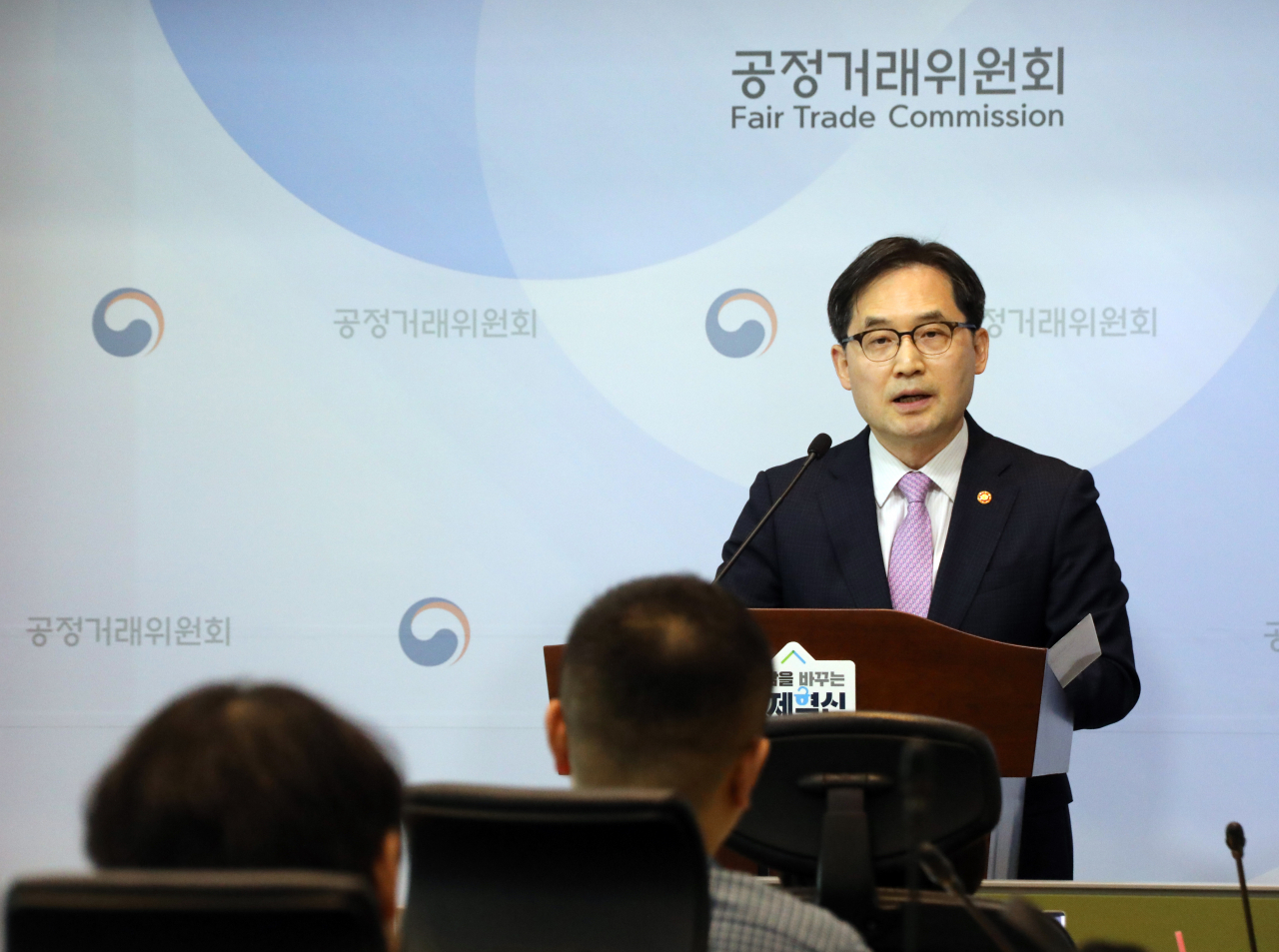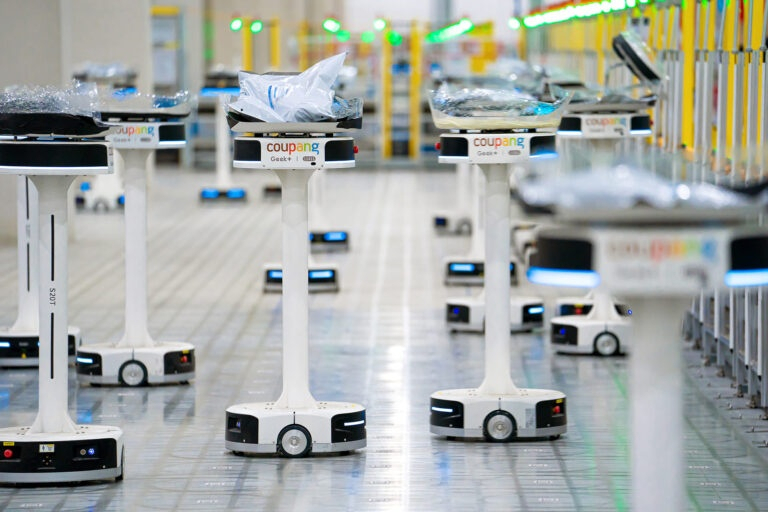Coupang's Kim Bom escapes chaebol chief designation again
By Kim Hae-yeonPublished : May 15, 2024 - 15:03

South Korean e-commerce giant Coupang's founder and CEO Kim Bom was excluded from the list of chaebol chiefs designated by the Korean antitrust regulator, marking the fourth time since 2021 when Coupang entered the realm of large conglomerate groups with assets exceeding 5 trillion won ($3.6 million).
The Korea Fair Trade Commission announced Wednesday an updated list of 88 large conglomerates for this year, all subject to disclosure of activities, followed by rigorous monitoring and accountability. Of these, ten were identified under the name of the holding company rather than that of an individual, with examples including Posco Holdings, S-Oil, KT, KT&G and Coupang.
The designation decision was based on a Cabinet meeting held May 7, when an amendment to the Enforcement Decree of The Monopoly Regulation and Fair Trade Act was passed.
Coupang's Kim Bom holds US citizenship and serves as head of a massive-scale business primarily operating in Korea, which is listed on the New York Stock Exchange. While Coupang was one of the firms that ignited the law’s revision and called for more responsibility on Kim specifically, the firm ended up satisfying all exceptions for Kim to be exempted.
Coupang currently employs a relatively straightforward investment structure, where Coupang Inc. holds a hundred percent stake in a Korean entity, which in turn holds a full stake in Coupang's subsidiaries.
In the revision, regardless of whether the owner or corporation is designated as the same person, consistency within the business group is imperative. This means that the number of affiliates should remain unchanged whether Coupang's chief is identified as Kim himself, or "Coupang Co." Furthermore, the relatives of owners should be excluded from management activities.
An official employed by a multinational corporation in Seoul affirmed that the legislation would provide a basis for global firms to evaluate Korea's approach to shaping the business landscape in the nation.
"It's not just a matter of Coupang and how we are going to define Kim Bom. There are thousands of different company structures today, like foreign entities initially funded in Korea and vice versa, those investing in Korea from abroad. While initially seeming to protect the Korean business environment, the former law was hampering active initiatives and dampening potential overseas investment," the official said.

Contrary to arguments that the revised law has come to favor Kim Bom’s case, the FTC is adamant that the new enforcement ordinance aims to close loopholes that previously allowed today's chaebol chiefs to be exempted without clear standards.
"Like any other conglomerates, Coupang can now be designated for scrutiny at any time if they fail to meet the exception requirements," FTC Chairman Han Ki-jeong said.
The core of the conditions that allow exemption from chaebol chief designation involves ensuring no risk of private fraudulence.
Specific conditions include the head refraining from investing in domestic affiliates except for the holding company, ensuring that the chief's relatives neither invest in nor manage affiliates, and prohibiting debt guarantees or loans between the chief executive and their relatives or domestic affiliates.
"In reality, the former legislation was considered outdated, particularly from today’s corporate standpoint. Because of this law, if the designated chief faced legal issues, all affiliated entities suffered, even those unrelated to the violation directly," an official from one of the top ten conglomerates here said on condition of anonymity. "I've witnessed numerous such cases over the past decades. Assuming collective responsibility under the company's name seems a more efficient and equitable solution in today’s context," the official added.
Since Coupang has been channeling funds raised by its US Coupang Inc. into its Korean entity, the industry foresees that it has alleviated concerns regarding future foreign investment attractions, following the FTC's decision.
Based on the FTC's list, Coupang secured the 27th position in consolidated assets for this year, marking a prominent ascent of 18 spots from the previous year.



![[Feature] Ignorance about Africa still rampant in Korea](http://res.heraldm.com/phpwas/restmb_idxmake.php?idx=644&simg=/content/image/2024/05/28/20240528050572_0.jpg&u=20240528164942)














![[Herald Interview] Heritage chief eyes fashioning ‘the old’ to modern tastes](http://res.heraldm.com/phpwas/restmb_idxmake.php?idx=652&simg=/content/image/2024/05/29/20240529050518_0.jpg&u=20240529171555)
